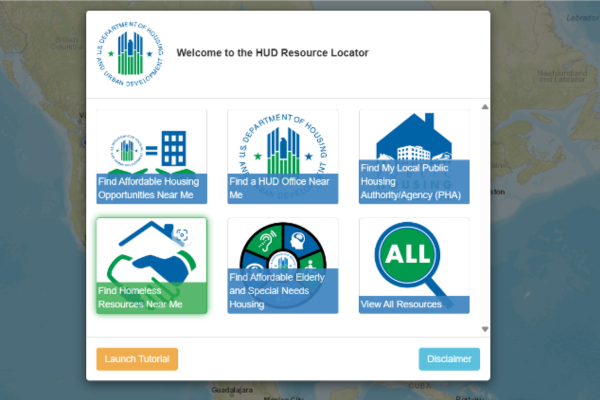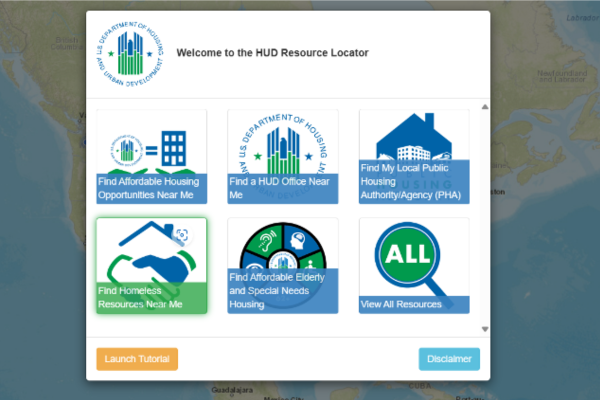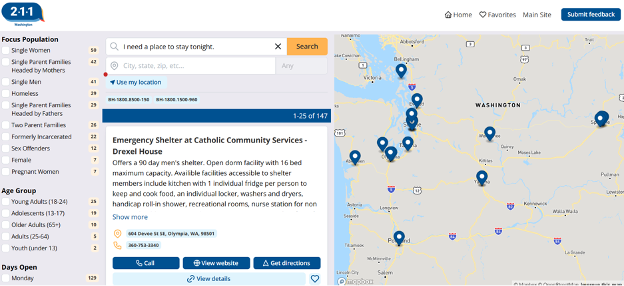What do I need and what should I expect from a shelter?

There are many reasons people need to find shelters; for example, if you are leaving a domestic violence situation as described in our blog post “How and When to Leave an Abusive Situation”. If you are a person who is houseless or is experiencing homelessness, it can be overwhelming to figure out how to meet your basic needs. We are here to help make that process more approachable.
What kinds of programs are there?
There are a few main housing/shelter options for individuals and families experiencing homelessness:
Emergency Shelters
- Intended for short term support and operates night-by-night, though most allow occupants to stay as long as they need to.
- Some emergency shelters are specifically set up for those experiencing domestic violence. These are at confidential locations and may have additional support services.
Transitional Housing
- Intended to allow individuals experiencing homelessness to stay for up to two years.
- Often focuses on specific demographics (e.g. youth, veterans, disabled individuals, etc.)
Rapid Re-Housing (RRH)
- Intended to help people return to permanent housing.
- Short-term rental help and voluntary services tailored to an individuals’ needs.
- There will sometimes be rules about employment, income, criminal records, sobriety, etc. We can help you identify what those expectations are.
Permanent Supportive Housing
- Indefinite length of stay.
- Prioritizes people who need comprehensive support services to maintain housing situations by limiting the barriers to accessing that support.
If you want to know more about the other options call 211 or review our comprehensive statewide database any time at www.search.wa211.org. For People Experiencing Homelessness – KCRHA is a page by King County Regional Homelessness Authority that has more resources and helplines.
How do I find programs near me?
There are a couple ways to find programs near you, you can use the United States Department of Housing and Urban Development’s locator tool via HUD Resource Locator.

If you need help finding a place to sleep for the night, calling 211 or using their search engine to look for shelters near you is a great first step! They can help you find the best fit for you and your family.

Both resources will help you figure out the best way to reach out to the provider (i.e. the shelter/program you would like to use). If you’re struggling with understanding how to reach out, or knowing what programs to reach out to, call 211 and we can walk you through the process.
If you are looking to find housing resources in King County, Coordinated Entry through KCRHA can help you find the right place to ask about housing programs and get assessed.
If you are aged 12–21, the National Runaway Safeline | National Runaway Safeline (1800runaway.org) is a 24/7 crisis line set up to help you develop a plan and support you in finding resources; you can call, chat, text, email, or engage with a forum on their site. Their phone number is 1-800-RUNAWAY (1-800-786-2929).
What do I do once I have found a place?
Once you have found some options that you are eligible for, reach out to each shelter to see if they have availability that night, usually by calling them. Each shelter will have their own individual process, which may include an assessment for:
- Mental/physical health
- Current living situation
- If there are any children needing assistance
- Income
- Criminal history
If there is no availability when you call, some agencies may maintain a waitlist. It is always a good idea to ask when the best time to call back and check again as availability frequently fluctuates.
You’re not alone. We’re here to support you. If you have any resource questions, please call 211 (Monday – Friday, 9am-5pm). For mental health support call 988 (text and phoneline available 24/7).
